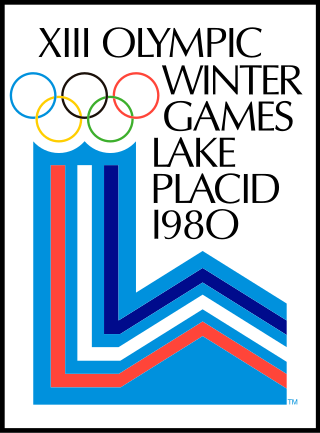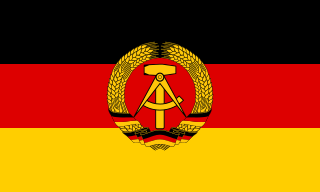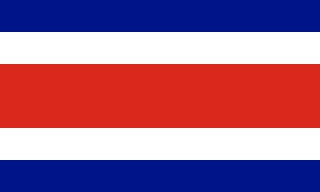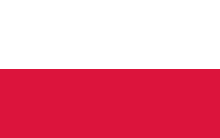
Hannelore (Hanni) Wenzel is a retired Liechtensteiner alpine ski racer. Wenzel is a former Olympic, World Cup, and world champion. She won Liechtenstein's first-ever Olympic medal at the 1976 Winter Olympics in Innsbruck, Austria, and its first two Olympic gold medals four years later in Lake Placid, New York.

The 1980 Winter Olympics, officially the XIII Olympic Winter Games and also known as Lake Placid 1980, were an international multi-sport event held from February 13 to 24, 1980, in Lake Placid, New York, United States.

The 1984 Winter Olympics, officially known as the XIV Olympic Winter Games and commonly known as Sarajevo '84, were a winter multi-sport event held between 8 and 19 February 1984 in Sarajevo, Yugoslavia. It was the first Winter Olympic Games held in a Slavic language-speaking country, as well as the only Winter Olympics held in a communist country before the 2022 Winter Olympics in Beijing, China. It was the second consecutive Olympic Games held in a communist country, after the 1980 Summer Olympics in Moscow, Russian SFSR, Soviet Union.

The FIS Nordic World Ski Championships is a biennial Nordic skiing event organized by the International Ski Federation (FIS). The World Championships was started in 1925 for men and opened for women's participation in 1954. World Championship events include Nordic skiing's three disciplines: cross-country skiing, ski jumping, and Nordic combined. From 1924 to 1939, the World Championships were held every year, including the Winter Olympics. After World War II, the World Championships were held every four years from 1950 to 1982. Since 1985, the World Championships have been held in odd-numbered years.
Alpine skiing at the 1968 Winter Olympics consisted of six events, held 9–17 February at Chamrousse, southeast of Grenoble, France. Jean-Claude Killy of France won all three men's events, repeating Toni Sailer's triple-gold of 1956. Since Killy's feat, no male alpine ski racer has won three gold medals in a single Olympics..

Alpine skiing at the 1964 Winter Olympics consisted of six events, held near Innsbruck, Austria, from January 30 to February 8, 1964.

Alpine skiing at the 1960 Winter Olympics at Squaw Valley, California, United States, consisted of six events. Competitions took place at Squaw Peak, KT-22, and Papoose Peak.

The FIS Alpine World Ski Championships is an alpine skiing competition organized by the International Ski Federation (FIS).

Alpine skiing at the 1972 Winter Olympics consisted of six events, held February 5–13 near Sapporo, Japan. The downhills were held at Mount Eniwa, and the four technical events at Teine.
At the 1956 Winter Olympics in Cortina d'Ampezzo, Italy, the six alpine skiing events were held from Friday, 27 January to Friday, 3 February.

Alpine skiing has been contested at every Winter Olympics since 1936, when a combined event was held in Garmisch-Partenkirchen, Germany.

The Soviet Union (USSR) competed at the 1980 Winter Olympics in Lake Placid, United States.

Switzerland competed at the 1980 Winter Olympics in Lake Placid, United States.

East Germany competed at the 1980 Winter Olympics in Lake Placid, United States.

Costa Rica sent a delegation to compete at the 1980 Winter Olympics in Lake Placid, United States from 13–24 February 1980. This was Costa Rica's debut appearance at a Winter Olympic Games, after five prior appearances at Summer Olympics. The only athlete sent by the country was alpine skier Arturo Kinch. In the only event he finished, the men's downhill, he placed 41st.

The Cayman Islands sent a delegation to compete at the 2010 Winter Olympics in Vancouver, British Columbia, Canada, held between 12–28 February 2010. The territory made its debut at the Winter Olympics, sending one athlete, alpine skier Dow Travers. Travers entered the men's giant slalom and finished in 69th place.

For the 1980 Winter Olympics in Lake Placid, New York, United States, a total of seven sports venues were used. All five of the venues used for the 1932 Winter Olympics were also used at the 1980 Winter Games with adjustments. These adjustments included electronic scoreboards, increased refrigeration, and the addition of a separate luge track. This was the last Winter Olympics where there were separate bobsleigh and luge tracks. The closest finish in Olympic history in cross-country skiing led skiing officials to time future events in hundredths of a second rather than tenths of a second. This would also apply to biathlon events. Eric Heiden won five gold medals at the speed skating oval while the "Miracle on Ice" took place between Americans and Soviets at the Olympic Center. In the late 1990s, the luge track was demolished and a new combination track was constructed in time for the only Winter Goodwill Games held. The sliding venue was named to the American National Register of Historical Places in February 2010.
The 4 × 10 kilometre relay cross-country skiing at the 1980 Winter Olympics in Lake Placid, New York, United States was held on Wednesday 20 February at the Mount Van Hoevenberg. It was the tenth appearance of the 4 × 10 km relay in the Winter Olympics.














